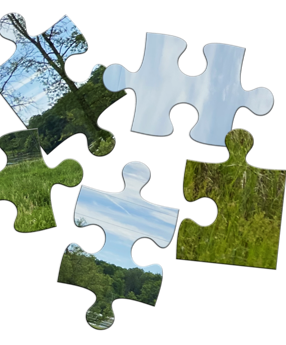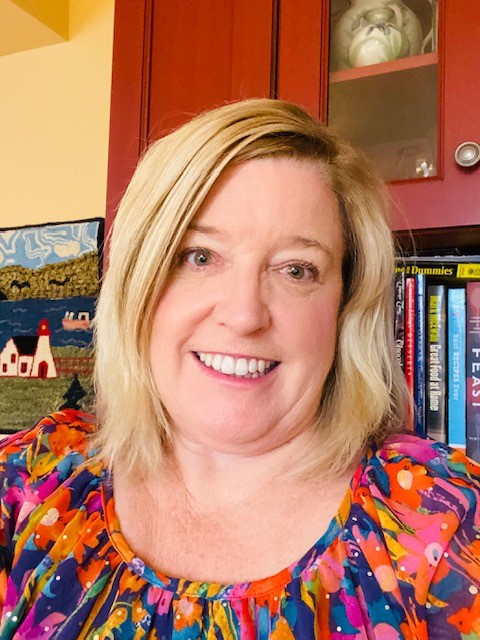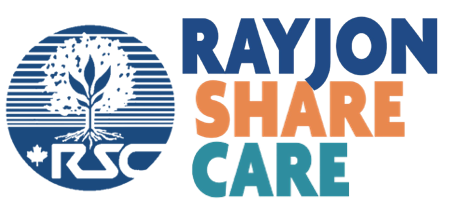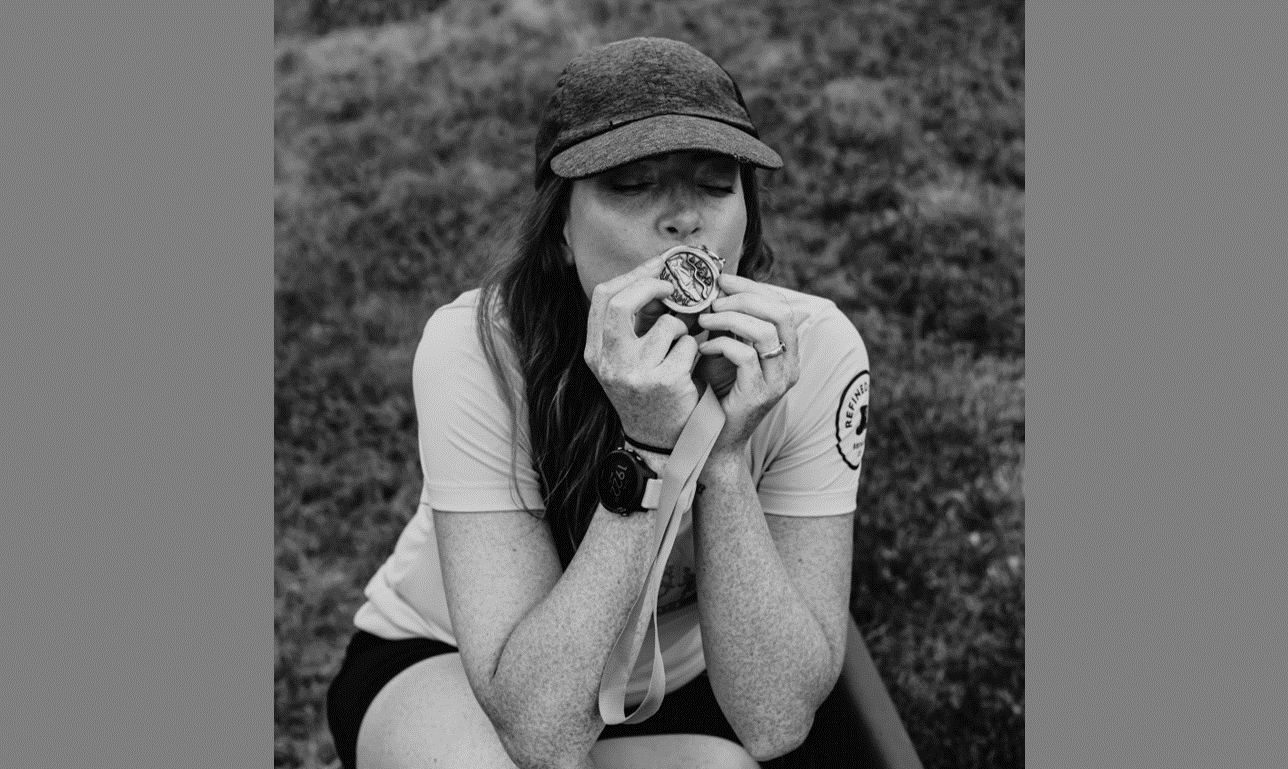The DR Documentation Project
Imagine, if you can, what it would be like if you had no passport, no driver’s license, no health card, no social insurance card… no photo I.D. whatsoever.
How would you go about trying to establish your identity. How would you apply for a job? How would you apply for credit?
What if the nature of your birth was uncertain. Imagine that your father’s identity is unknown, or perhaps your mother feared discrimination due to her heritage, and so asked another woman to claim you as her own on your birth certificate.. Perhaps your birth record was destroyed in a fire, or perhaps your birth was never officially recorded because when the time came for you to be born it all happened very unceremoniously – perhaps it was a “home delivery” because your parents couldn’t afford, or had no legal access to, public healthcare..
None of this sounds very plausible to us in North America but many people of Haitian ancestry, living in the Dominican Republic, this imagined scenario of having no official identity or documentation is a harsh reality of life.

Dominicans of Haitian descent as well as Haitian immigrants have suffered a long history of living in impoverished conditions and suffering discrimination, punctuated by outbreaks of targeted violence and detentions. Recently, however, they have faced further difficulties amidst an official crackdown that has seen thousands deported from the country, including many with valid claims of citizenship. This latest episode has brought the country’s deep-seated racism to the surface – and left those still in the country at risk of persecution.
The situation screams out loudly as an example of gross injustice. Lack of documentation results in: barriers to accessing physical and mental healthcare; access to only low-wage jobs with unsafe working conditions and few workers’ rights; lack of access to public education; lack of access to police protection, legal services and basic human rights.
Lack of documentation is a huge barrier for families in the Barrio 41 community of Consuelo, DR, where Rayjon supports a preschool/nutrition centre and programs for women. Many of these families are of Haitian decent, though they have lived in the DR for generations. Their stories are difficult: they face daily discrimination and without proper documentation don’t have access to basic human rights like health care and education.
Rayjon is working in partnership with ASCALA to reverse the injustices faced by the people in Barrio 41 who lack proper documentation. ASCALA is an institution that is active in the promotion and defense of human rights and the dignity of the human life, particularly among migrant workers. The ASCALA legal team is highly qualified and does incredible work, and it should be noted that the lawyers work pro-bono, or for a small stipend that really just covers their travel and costs associated with the project.
María’s Family
María has three children who are currently being helped in their different processes to obtain documentation.
The oldest, Marcia, is 20 years old and recently gave birth to a boy; She is currently going through a judicial process, pending a DNA test to resolve the errors in her birth certificate that prevent her from obtaining a personal and electoral identity card. So, she hopes to finish her process to be able to declare her newborn son.
The second of her children, Miguel, is being accompanied in a judicial process to rectify the data on his birth certificate. He was recently informed by the Superior Electoral Court that his case already had a final judgment. Still, he must wait to complete the bureaucratic process before obtaining the documents.
Finally, Andri, the youngest, who is currently undergoing a late birth declaration process. Despite the legal team’s insistence, the investigation has not yet taken place, not even the interview.
Each case involves lengthy judicial processes. It begins by making an application and payment and waiting to receive an appointment for a personal interview. The interview process may include multiple family members and may require investigatory

CDs continueddd Photo: María and Andri, her youngest child
work, such as DNA testing if maternal affiliation is under question or being challenged by more than one individual. If key family members are dead or missing, this can complicate and delay the process. Finally, even if the official judicial inquiry before the court achieves a successful ruling, there are still delays until the bureaucratic processing of documentation and other administrative tasks are completed.
The results achieved during the last year and a half have been delayed by the coronavirus pandemic. Public institutions have been working with limited capacity, and this has compromised the service in institutions in which the service was already deficient. So, it can be said that the pandemic has exacerbated and negatively influenced an already difficult process.
Nevertheless, the work continues and the families are sincerely grateful for the progress achieved by the Documentation Project – progress that would not have been possible without the help of Rayjon Share Care. We are pleased to expand this program further in 2021-2022, and look forward to being able to share with you many stories of success in the coming years.
For more information, please check the following links:
- Minority and Indigenous Trends 2018
- Dominican Republic: Stripped of Citizenship, the Deportations of Ethnic Haitian Continue
- Stateless by Michèle Stephenson

Equity Piece
“A world in which people have an equal opportunity to thrive-
empowered, independent and self-sufficient.”
What does it mean to have that as our vision? What are the barriers preventing people from reaching equal opportunity? How can we reduce those barriers, making this world a better place for ALL to live and thrive?
In each edition of our monthly e-bulletin, we plan to share some thoughts, reflections, ideas, and recommended reading to address some of these questions. Let’s talk social justice together, through “Equity Piece.”
An Inter-Connected Social Justice World
by Joanna Catterson
During this pandemic, it seems that the lid has been lifted off of many issues that have been boiling just under the surface for quite a while. From the feminist backlash at the Trump Presidency, racial tensions that erupted after George Floyd shooting, to our collective horror at the discovery of children’s unmarked graves at Residential Schools, the recent senseless killing of a Muslim family in London, and something as local as me having to field calls to defend the Pride Flag flying outside my school, we have been inundated with news of unrest, injustice, and tragedy. How do we, as an organization with a prime mandate of social justice, react to these situations, learn from their underlying messages, and apply them to our situation and mission? We need to look at these happenings, not as unrelated incidents, but as calls to action to support our unique work in Haiti and the DR.

What is at the root of all of the unrest? We can look to these different situations and pull out the obvious things- misogyny, racism, colonialism, anti-Islamic sentiment, and homophobia. But, when you distill all of these items, they come down to one over-arching sentiment- fear and mistrust of the “other”. Fear and mistrust of the different, those who don’t fit into our world view, those who look different, believe differently, value different things. Fear of losing our place of power, our way of life, our comfortable existence.
And how do we mitigate fear, temper our distrust, and cut through the worry? By building relationships. That is the one of the core tenets that Rayjon was built on and how we function with our partners in the developing world. We are good at building relationships. But now, I think, it is time to work also on building relationships locally with other social justice groups and seeking to understand their work , to inform our work in Haiti and the DR. What can we learn from our local First Nations about colonialism as we work with people who were colonized by Europeans? How do we take the lessons from the rich Black History in Southern Ontario and translate them to anti-racism work in the DR? What can we glean from our Muslim neighbours about being a minority group? What can feminist organizations teach us about intersectionality? How does our LGBTQ+ community help us understand marginalization? I believe that by partnering locally, provincially, and nationally with other groups whose mission is justice oriented, we strengthen our own skillset to improve the work we do in Haiti and the DR. We also use the collective voice created to amplify the needs of all.
We truly are living in an interconnected social justice world.
Joanna is the Vice-Chair of the Rayjon Board. She’s recently retired from her career as an elementary school principal. Joanna is a social justice advocate and lover of travel by water.


